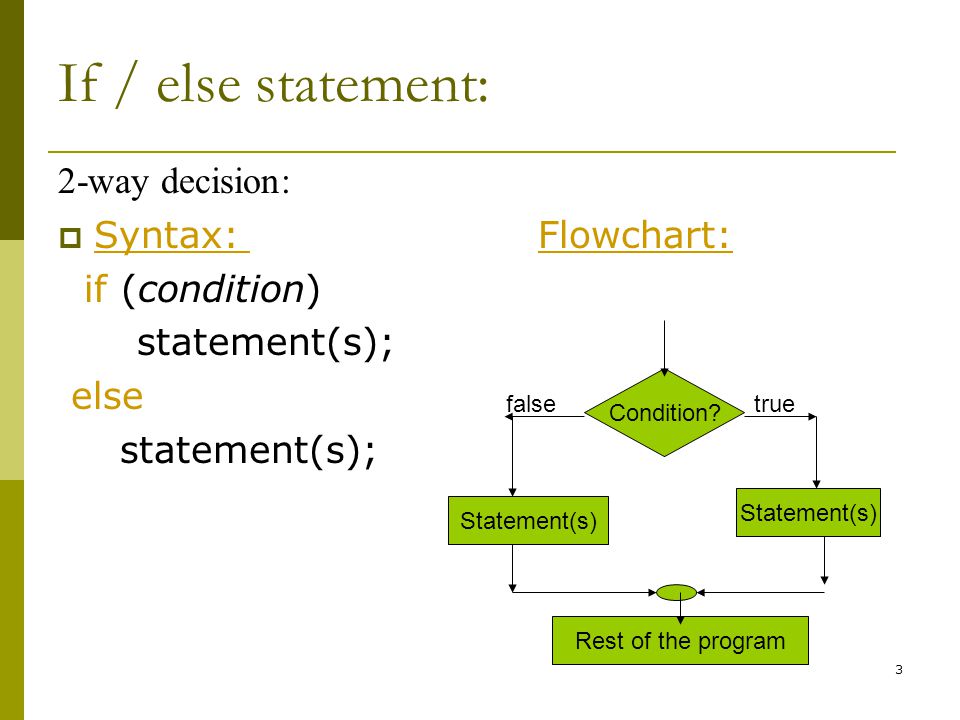Branching in #C : concept of If-else and their uses in programs (part 2) (module-19)
In this section we will discuss on the important topic of C. The control statements and its many applications in writing a program using the concepts of loops and branching. Different types of branching like if statement, if-else statements, nested if else statements etc.

Do you have similar website/ Product?
Show in this page just for only
$2 (for a month)

0/60
0/180
This is the 19th module on learning C with us. Earlier we discussed on the basic introduction and structure of C, preprocessor it's features, intermediate and executable codes. compilation and execution process of a C program. And keywords and identifiers, data types, variables and constants, scope of variables, operators and expressions in C. Type casting in #C. Introduction to input and output functions and reading a character in #C. Unformatted and formatted input functions. 
In this section we will discuss on the most important topic of C that is branching. different types of branching like if statement, if-else statements, nested if else statements etc.
For part-1 and part-3 on if and nested if-else structure you may refer here :-
If-else statements :-

format :
if(condition)
{ statement 1; }
else
{ statement 2; }
In the above if-else statement the condition
compares first, if it is true then statement 1 will executes, if the specified condition is false then the statement 2 is else part will executes.
Example :
main()
{ int num;
printf("enter one value");
scanf("%d",&num);
if(num%2==0)
printf(" number is even");
else
printf(" number is odd");
}
In next module we will continue our discussions on the next topic on nested if-else structure. For more information regarding #C please be updated with us only on Www.newsandstory as we provide all the information on all the topics covered in #C.
CONTINUE READING
Programming
#c
coding
learning
technology
Dalpat I
Content writer
